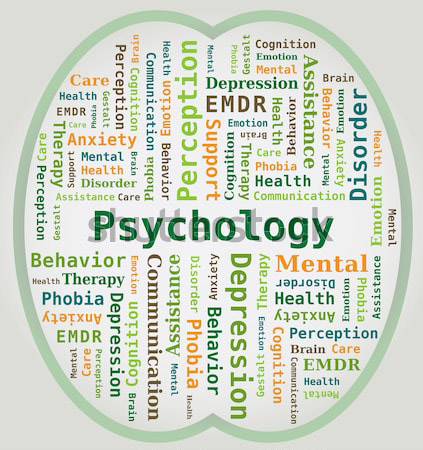Are we doing enough for the mental health of healthcare workers?
The number of coronavirus patients has been increasing over the past few days in Nepal. In the current scenario, it seems like the numbers would further increase in the coming days. Given that healthcare workers and frontline staff are the first responders to manage the ongoing pandemic with limited resources, limited number of test kits and Personal Protective Equipment (PPE), it is vital to ensure their mental health isn't adversely affected.
Healthcare Workers are Humans First
The Personal Protection Equipment (PPE) is difficult to wear, especially when it is an eight or twelve-hour shift in the isolation ward. Now, with the summer around, it becomes even more difficult to manage the PPE which bounds to make those using it more tired than they would normally be. Doctors and nurses who have used it say, “it becomes really suffocating and drenches the body.”
One doctor (name withheld) states, “With the increase in Covid-19 patients, our duties have also increased. We don’t know if any incoming patient is a coronavirus infected person. The thing is, it is not very convenient to always wear the PPE either. We normally wear it when we go to the isolation ward, otherwise it is impossible to work while wearing PPE.” She also states that work is manageable with the present number of infected individuals but it is going to take a toll on doctors and nurses once the numbers gradually increase.
Doctors and nurses around the country are living with fear because they have known health workers who have been infected with the virus. Many staffers are not visiting their families with fear of taking the virus home with them. This makes them (mostly) live alone or in isolation due to which they fear many might be prone to various mental health issues.
What Can Be Done
On May 13, 2020, the World Health Organisation issued a report on the “Need for Action on Mental Health” which states “the frontline healthcare workers and first responders are exposed to numerous stresses”. There is no denying that if the number of doctors, nurses and frontline responders start getting infected with the virus, it would be almost impossible for Nepal to return to its normal state. Therefore, it is only logical that they should be protected at any cost and their mental health given priority.
Perhaps, a very logical step from the local government would be to continuously check upon healthcare workers and their mental health with intervention programmes. Hospitals can always set up a therapy room with a psychologist/therapist for doctors on duty to lighten the burden. Another way is for hospitals to continuously making sure that their doctors and nurses are not on the verge on burning out with work. A simple questionnaire on how one is feeling would help in understanding the mental health scenario of the doctors.
According to a counsellor (name withheld), “The doctors and nurses might not be willing to go for counselling if they already know the psychologist on duty. Therefore, it only makes sense to have someone new to talk to. Also, these healthcare workers might not be willing to do so on their own, a little compulsion for a short session might be helpful in addressing the issue. When we talk about the questionnaire, a very basic survey should be fine.
However, clinical assessment on their mental health status is not advised as it labels them and the series of sessions need pre and post assessment tools. As an advice, hospitals can pin up the name and contact details of therapist/counsellor ready to work with healthcare workers. This might encourage them to get help. If doctors and nurses can get any kind of support, it would help them tremendously and would also help in breaking the stigma around it.”
As a matter of fact, the easiest way is also to check upon your family and friends working in the healthcare field. When a person is stressed and is in the burnout phase, it creates a lot of difference if they have someone who can listen to the problems they face. A little effort can indeed go a long way during uncertain times like the one we are currently facing.
Are We Ready?
Currently, there are six deaths reported in the country due to coronavirus infection. If, by any chance, the numbers start to increase, the psychological pain that healthcare workers feel might worsen over time. Over time, when the curve will flatten and things will get back to normal, doctors and nurses might still be under the adverse effects of what they faced from all the rush, which might further increase chances of a deteriorating mental health.
In addition, being kind and empathetic towards healthcare professionals during this time of crisis is very important. A recent news piece stated that doctors were asked by their landlords to get a Covid-19 certificate before they entered their rented rooms/apartments. This type of behaviour might further worsen the mental health scenario of healthcare workers. In a time when empathy should be key to solving the effects of pandemic together, some people are simply making things even more difficult for those who least deserve it.
Mental health in Nepal has always been stigmatised and looked down upon. Even in the most educated households, it is not easy to convince someone that they might need a counsellor/therapist. It is in times like these, we have to be extra careful towards each other (especially healthcare workers) and make life easy for them. During this time of pandemic, when they are immensely stressed, being easy on them is the best the rest of us can do.






